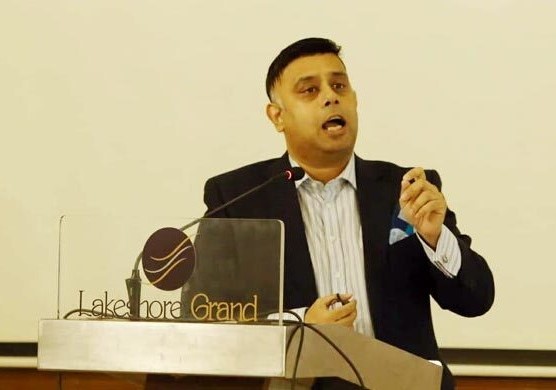Despite achieving a degree of macroeconomic stability over the past year, Bangladesh has seen no real progress on the front of economic reform, said prominent economist Dr. M Mashrur Reaz on Thursday.
According to him, this lack of reform is undermining investor confidence and contributing to stagnation in both investment and job creation.
Speaking at a policy dialogue titled “From Crisis to Stability: Democracy as the Foundation of Economic Growth”, held at a hotel in Dhaka’s Gulshan, Dr. Reaz—Chairman of the think tank Policy Exchange—criticized the interim government’s performance, noting that critical structural issues remain unaddressed.
“The wheels of reform haven’t turned over the past year,” Reaz stated. “While some macroeconomic indicators have stabilized, there’s been no meaningful progress in areas such as trade policy, investment climate, or broader economic governance. These reforms have been pending for years.”
He warned that without bold and credible reforms, investor confidence—both domestic and foreign—will remain weak, leading to prolonged stagnation in private investment and employment. This, he added, is particularly affecting women and youth in the job market.
Highlighting systemic weaknesses, Dr. Reaz said, “Public debt management, revenue mobilization, and overall economic discipline are deteriorating. To address this, we need three things—starting with the restoration of confidence among stakeholders.”
He acknowledged that the interim administration had taken some positive steps, such as granting greater autonomy to the central bank and expressing a willingness to reform.
However, he stressed that these actions have not translated into substantive change.
“Real reform requires political legitimacy. Without an elected government backed by a clear public mandate, the momentum and confidence needed to drive reform will simply not be there,” he said. “That’s why a credible election is urgently needed—to pave the way for effective governance and sustainable economic growth.”
Dr. Reaz also referenced international assessments, noting that recent reports from institutions such as the Atlantic Council and the Heritage Foundation clearly link democratic governance with long-term economic prosperity. “A functioning democracy is not optional—it’s foundational to economic growth,” he added.
During the same event, Mahmud Ahsan Khan, President of the Bangladesh Garment Manufacturers and Exporters Association (BGMEA), echoed Reaz’s concerns.
“We’ve witnessed over the past 16 years what happens when democracy is weakened—widespread corruption, rising loan defaults, and a lack of accountability,” Khan said. “If we want transparency and good governance, democracy must be protected.”
The event also featured remarks from Dhaka University professor Dr. Rashed Al Titumir and several leaders from the Bangladesh Nationalist Party (BNP), including Israfiul Khasru Mahmud Chowdhury, Ishraq Hossain, and Tabith Awal. Diplomats and representatives from the embassies and high commissions of Japan, Pakistan, the UK, Germany, Switzerland, and Australia were also in attendance.

